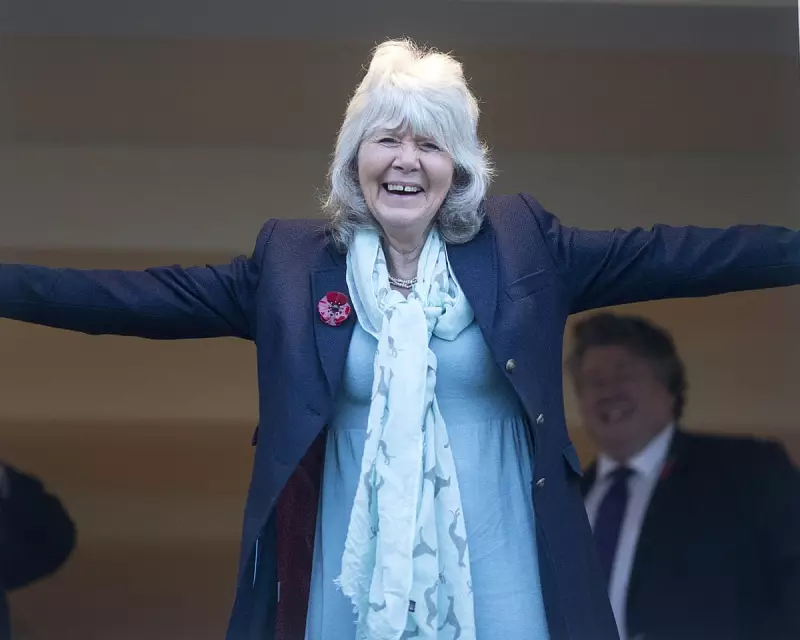
The literary world is united in grief and celebration as tributes pour in for Jilly Cooper, the iconic British author who passed away at 88, leaving behind an extraordinary legacy that transformed romantic fiction.
A Literary Force Remembered
From bestselling novelists to political leaders, voices across the cultural landscape are remembering Cooper as what bestselling author Jojo Moyes called "the absolute queen" - a writer who brought intelligence, wit and unapologetic joy to her craft.
"She was the queen, there is no other word for it," Moyes told the Guardian. "She wrote with such joy and such brio and such intelligence."
The Rutshire Chronicles Legacy
Cooper's most famous works, the Rutshire Chronicles series beginning with "Riders" in 1985, revolutionised the romantic fiction genre. These sprawling, sexy sagas of the English upper classes - what became known as "bonkbusters" - combined sharp social observation with irresistible storytelling.
Author India Knight captured the essence of Cooper's appeal: "She was the queen of the bonkbuster, but her books were so much more than that - they were properly, properly funny, and incredibly well-observed about human nature and English social more."
Cross-Generational Impact
What made Cooper's work remarkable was its ability to transcend generations and literary snobbery. As author Marian Keyes noted, "She made reading fun. She never apologised for writing entertaining books and she gave pleasure to millions."
Even political figures joined the chorus of appreciation, with Labour leader Keir Starmer describing her as "a legend of literature" whose books "brought joy to so many people."
More Than Just Romance
Beyond the romantic entanglements and country house settings, Cooper's work offered sharp commentary on class, ambition and human relationships. Her characters felt vividly real, her dialogue crackled with energy, and her understanding of the English social landscape was unparalleled.
As the literary world says farewell, Cooper's legacy remains secure - not just as a master storyteller, but as a writer who championed pleasure in reading and brought intelligence to entertainment.





